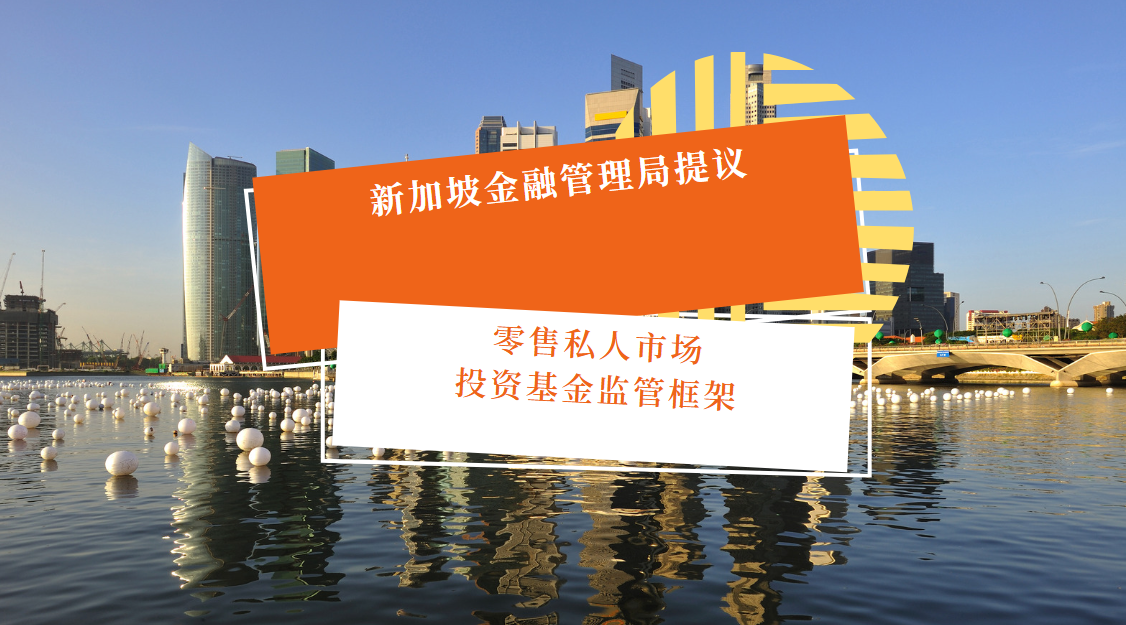UAE President, President of European Commission agree to launch negotiations towards Comprehensive Economic Partnership Agreement
UAE President His Highness Sheikh Mohamed bin Zayed Al Nahyan and Her Excellency Ursula von der Leyen, President of the European Commission, agreed during a phone call today to launch negotiations towards a Comprehensive Economic Partnership Agreement (CEPA) between the UAE and European Union.
During the call, His Highness reaffirmed the depth of relations between the UAE and EU while highlighting their joint commitment to strengthening these ties to serve mutual interests, particularly in the economic sphere.
His Highness noted that the decision to initiate negotiations on a CEPA with the EU reflects a shared determination to unlock the full potential of cooperation and advance their economic, trade, and investment ties in support of development aims.
His Highness added that, once concluded, the CEPA would create new avenues for cooperation between the UAE and EU, increase trade and investment flows, and strengthen partnerships between the business communities of both sides. He emphasised that UAE-EU relations are founded on a common vision of stability, growth, and prosperity.
For her part, Her Excellency Ursula von der Leyen underscored the strength of ties between the UAE and EU, noting that the launch of CEPA negotiations marks a step towards a more dynamic and robust phase in their economic cooperation.
The announcement follows the signing of a Joint Statement of Intent by His Excellency Dr Thani bin Ahmed Al Zeyoudi, UAE Minister of State for Foreign Trade, and His Excellency Valdis Dombrovskis, EU Commissioner for Trade, to commence negotiations on the UAE-EU Comprehensive Economic Partnership Agreement.
The EU is the UAE's second-largest trading partner, accounting for 8.3% of the UAE's total non-oil trade. In 2024, non-oil trade between the UAE and EU reached USD 67.6 billion, representing 3.6% growth compared to the previous year. The UAE is also the EU's largest export destination and investment partner in the Middle East and North Africa. By reducing tariffs and unnecessary trade barriers and improving market access for goods and services, the CEPA is expected to foster opportunities in key sectors such as advanced manufacturing, healthcare, logistics, and artificial intelligence, among others.






















































First, please LoginComment After ~